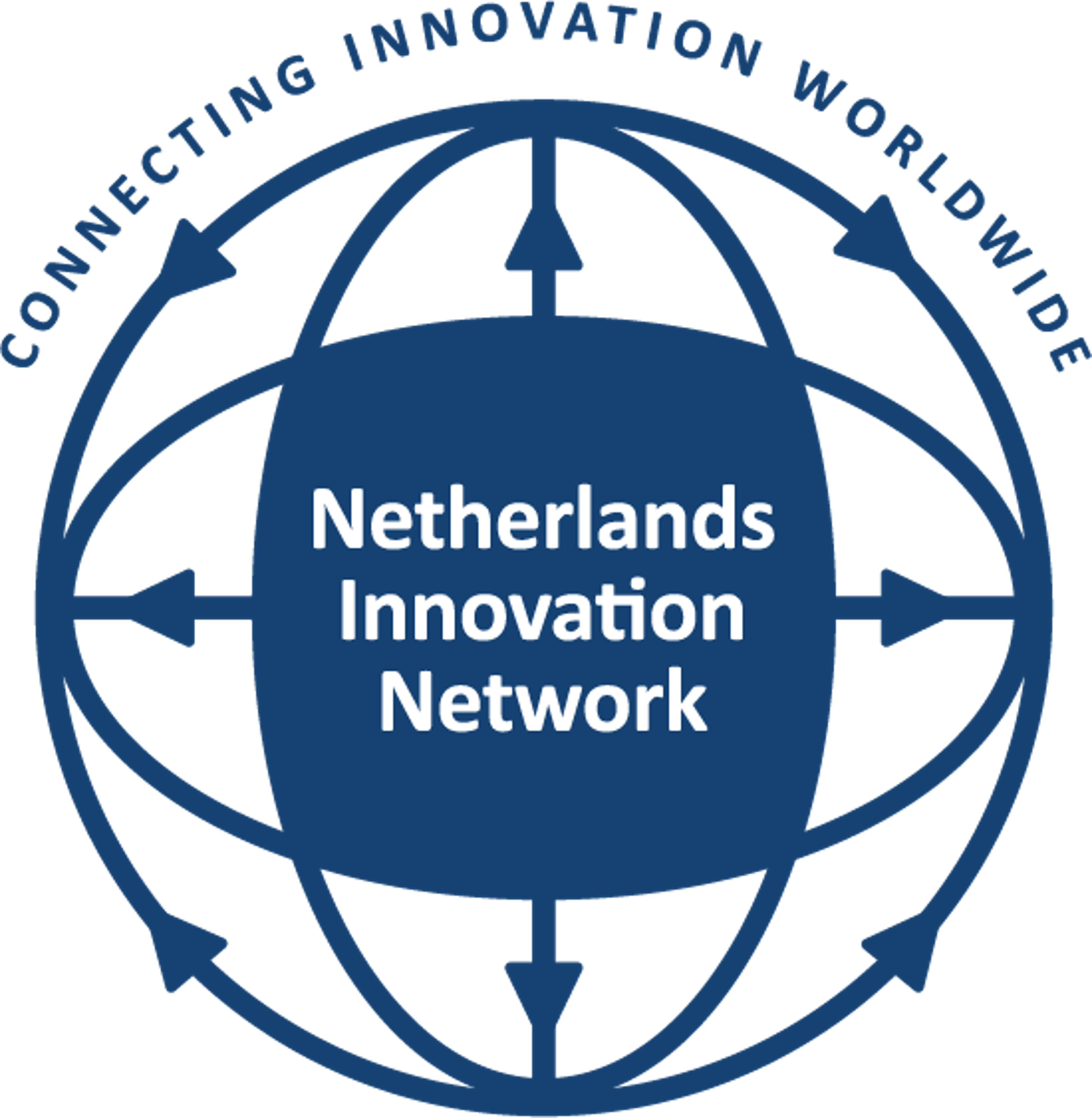‘R&D Cooperation between European companies and Universities in China’, that was the title of a fully booked workshop organized this morning by the European Chamber R&D Forum in Shanghai.
The speakers presented an interesting mix of research on R&D cooperation and actual examples of past and on-going projects between multinational companies and Chinese universities.
Dr. Ulrike Tagscherer, Fraunhofer Institute for Systems and Innovation Research (ISI), presented her research findings on the key drivers, key co-operation models, and key success factors of academic collaborations of multi-national enterprises. Communication and clear goals were the top-2 most important key succes factor according to the people she had interviewed for her research. Patents were less of an issue, or at least not for the projects that the MNCs started with their counterparts (because there might have been some preselection on the research topics). Most of the time IP is shared and/or companies get the freedom to use the outcomes of the research at no cost.
Dr. Mason Wang, Director Open Innovation at Unilever Shanghai, explained the audience how Unilever approached open innovation with Chinese academia. Not only had Unilever managed to tap into the knowledge of Chinese researchers, but many of the researcher got so engaged that they ended up working for Unilever. For Unilever open innovation is important to increase the input of the R&D pipeline. Therefore Mason was happy to tell that open innovation projects also lead to products that are being put into the market.
Mr. Floryan de Campo was the final speaker at the workshop. Floryan is Director of Shanghai Joint international lab on Eco-Efficient product and Processes. That lab is a partnership of Solvay, ECNU, Fudan, CNRS, ENS Lyon & Lilles University. In 3 years time they managed to build a team of about 20~25 researchers that produce per year about 10~15 patents and a similar amount of papers.
Interestingly all presenters had the feeling that money was not the reason for Chinese professors to get engaged in joint industry-academia projects. The Chinese government provides plenty of funding. It is more important to find those professors who want to work on something more than just papers, and preferably also more than just patents. You have to find those people who want to see their research really applied in real life.
Read the workshop announcement here: EUCCC

